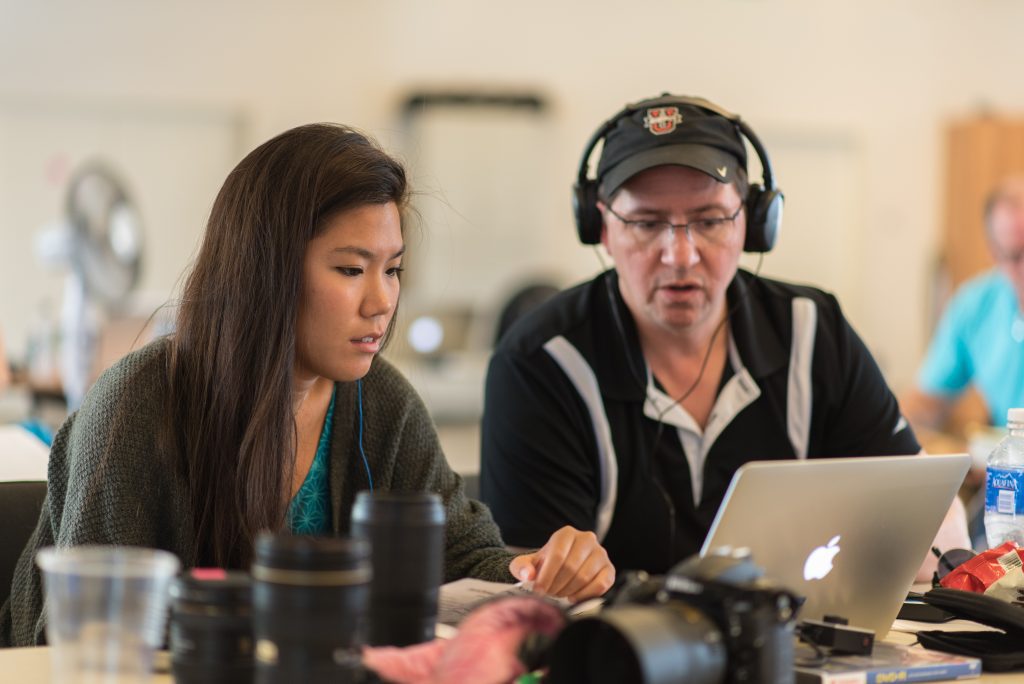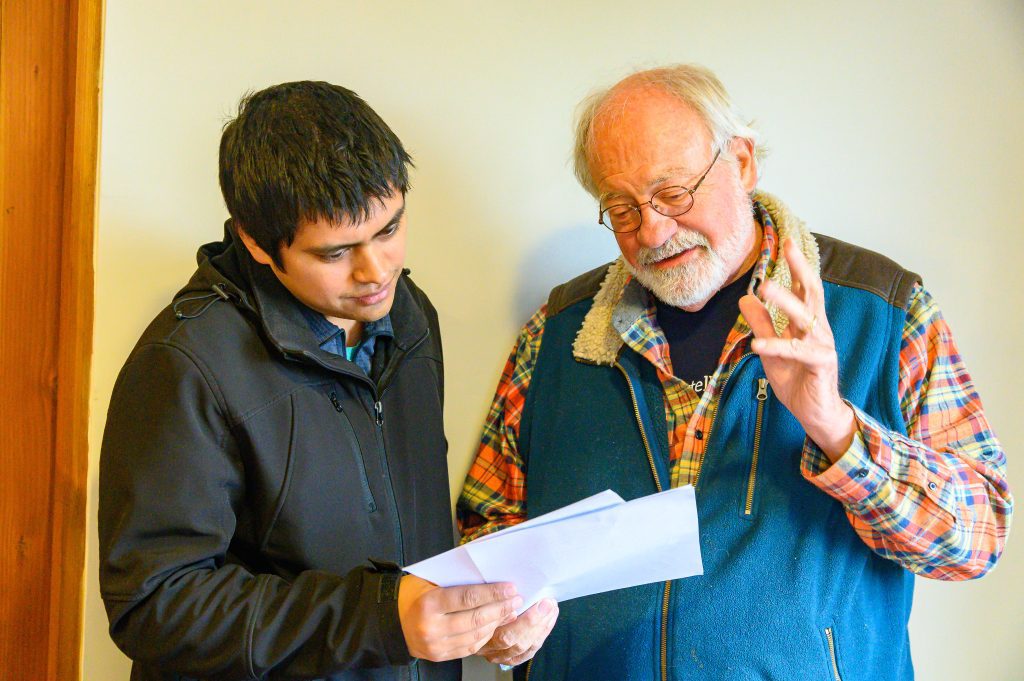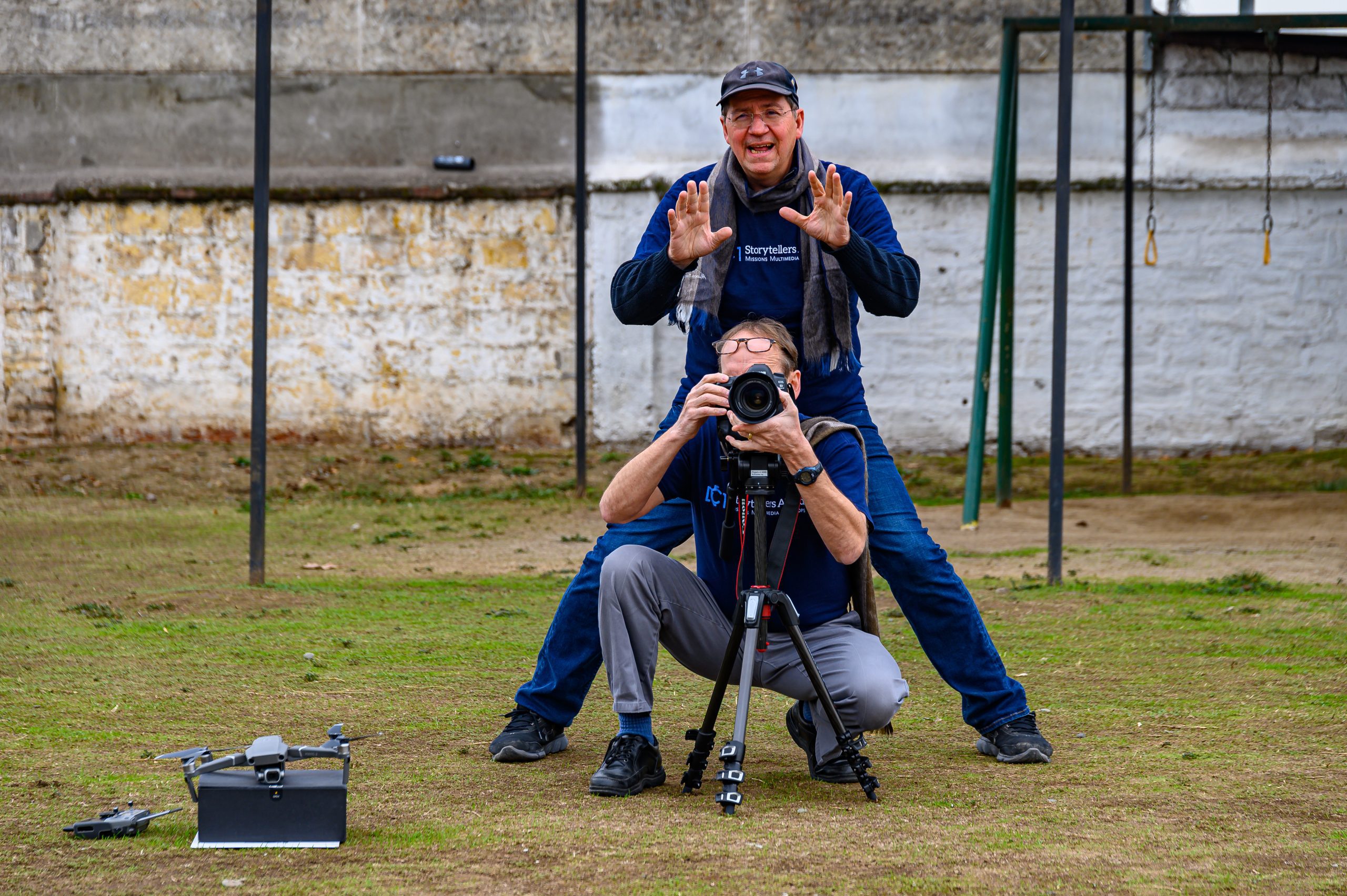Caption: James Dockery is organizing the Workshop Group photo while Jeff Raymond is framing the shot with the camera in Chile.
Introduction
In the age of digital photography and Instagram influencers, it’s no surprise that many individuals dream of becoming proficient photographers. The allure of capturing stunning images and creating a career is undoubtedly enticing. To achieve this dream, numerous aspiring photographers flock to photography workshops in the hopes of honing their skills and unlocking the secrets of the trade. However, there is a harsh reality that many of these enthusiastic participants face: despite attending these workshops, a significant number never seem to get any better. This blog post will delve into the reasons behind this phenomenon and highlight the unrealistic expectations that often underlie these disappointments.
The Complexity of the Photography Industry
Photography is a multifaceted and complex field encompassing numerous genres, techniques, and tools. The industry constantly evolves from landscape to portrait photography, from DSLRs and mirrorless to smartphones. Yet, many workshop attendees underestimate the vastness of this domain and the dedication required to excel.
Unrealistic Expectations
One of the primary reasons people don’t experience substantial improvement after attending a photography workshop is their unrealistic expectations. Participants often expect the instructor to be a magic wand that will instantly transform them into a skilled photographers. However, the reality is that photography is not an overnight endeavor. It takes time, effort, and commitment to master the art. While workshops can provide valuable guidance and knowledge, they are not a shortcut to success.

The Importance of Self-Motivation
Photography workshops can be incredibly valuable for those who are motivated and willing to put in the work. However, expecting the instructor to motivate you alone is a sure path to disappointment. Successful photographers are self-motivated individuals who constantly practice, learn and evolve. Attending a workshop is just one step in a long journey, and taking the reins of your learning process is crucial.
Practice Makes Perfect
The lack of practice is the number one reason many photography workshop participants do not improve significantly. Knowledge is only valuable when applied, and photography is no exception. You might leave a workshop with a head full of new concepts and techniques, but if you do not put them into practice, they will remain nothing more than abstract ideas.
You must shoot to grasp and apply what you’ve learned. You’ll develop the skills to become a better photographer through trial and error, experimentation, and constant practice. It’s often said that you must take thousands of bad photos before taking good ones. Embracing failure as part of the learning process is essential.

Continuous Learning
Another misconception among photography workshop participants is the belief that once they’ve completed a workshop or mastered the basics of photography, there’s no need for continuous learning or improvement. While workshops can provide valuable insights, knowledge, and skills, they are just a stepping stone on the lifelong journey of photography.
Photography is an art and a science that is constantly evolving. The technology, techniques, and creative trends in photography are ever-changing. What may have been cutting-edge in photography a few years ago may be outdated today. Thus, the misconception that a single workshop or a few lessons can provide all the knowledge needed is far from reality.
Here are a few reasons why continuous learning in photography is crucial:
- Evolving Technology: Photography equipment, software, and post-processing tools are constantly advancing. New cameras, lenses, and editing software are released regularly, each with unique features and capabilities. Photographers must stay updated on these developments to make the most of their gear and create the best possible images.
- Creative Trends: Photography is a visual art form, and artistic trends are constantly changing. Styles and preferences in photography can vary from year to year. Keeping up with current trends can help photographers stay relevant and produce work that resonates with their audience.
- Expanding Skills: There are various genres of photography, from landscape and portrait to wildlife and street photography. Each genre requires specific skills and knowledge. Continuous learning allows photographers to expand their skills and explore new areas of interest, which can be personally fulfilling and professionally beneficial.
- Feedback and Critique: Photography is a subjective art, and receiving feedback from peers, mentors, or fellow photographers can be invaluable. Continuous learning can involve seeking critique and constructive feedback, which can help photographers identify areas for improvement and refine their craft.
- Problem-Solving: Photography often involves solving technical and creative challenges. Learning from others, experimenting with new techniques, and problem-solving are essential for growth. Continuous learning helps photographers develop their abilities to address and overcome obstacles in their work.
- Networking: Engaging in photography communities, attending workshops, and participating in photography events can help individuals build a network of like-minded enthusiasts and professionals. These connections can lead to collaboration opportunities, mentorship, knowledge sharing and experiences.
- Inspiration: Learning from other photographers, studying their work, and staying updated on the latest photography projects can be a great source of inspiration. Continuous learning can fuel one’s creative drive and lead to new and exciting projects.
In conclusion, the misconception that photography workshops are a one-stop solution for mastering the art is unfounded. Photography is a dynamic and ever-evolving field, and photographers should embrace continuous learning as an integral part of their journey. By staying curious, adaptable, and open to new knowledge, photographers can improve their skills and find greater satisfaction and fulfillment in their passion for photography.

